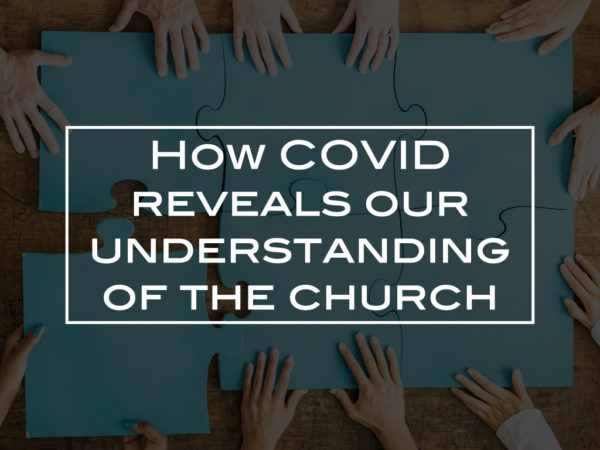In a society like ours where the family has been downplayed and devalued, we’ve become very casual with the concept of family. We have our “work family.” The people who share in our kids’ hobbies are our “baseball family,” “theater family,” or “band family.” Therefore, when speaking of the “church family,” it’s easy to relegate it to that commonly used definition – “people who share a common interest but aren’t our actual family.”
Jesus, on the other hand, expected the church to be a family that exceeded by a hundred fold the actual families who might forsake his followers. Remember that theirs was a culture in which, unlike ours, family was everything. Being asked to forsake their own blood for Jesus (Mark 10:29-31) placed a massive price on discipleship and yet it was in that context Jesus promised them a family which would be worth it 100 times over.
Often this is explained by pointing out that we’ll be spending eternity with our spiritual family whereas the physical family only lasts for this lifetime. While that’s true, the point is much bigger than that. Because God is among His people, we should have every expectation that the love which flows from God’s Spirit among His people (Galatians 5:22) will be far more powerful than our natural, human love.
What would it look like if that were true? Look to Acts 2. The first Christians immediately went about the business of loving and caring for each other in the way Jesus intended. Didn’t their love for each other look exactly like the fulfillment of what Jesus had promised?
While we’ve all likely had glimpses and tastes of this kind of family in the church, that kind of life-sharing connection is the exception rather than the rule in modern American churches.
This year has given us the perfect litmus test for where we stand in our understanding of the church family. While we’ve had to limit our interaction with others as much as possible, I’m not sure I know anybody who has cut off interaction to the point that they don’t see their own biological family. For most people, the one exception to all of the rules has been seeing one’s parents, children, grandchildren, etc. Because as much as we can isolate from everybody else, of course we’re still going to see our family.
Does that include your church family?
This isn’t about Sunday worship in the building. And I don’t mean to imply you have to have dozens of people coming through your house to count. But if your church family is truly family, it would be unthinkable that you go eight months without interacting personally with them. (No, “attending” a worship livestream at the same time does not count.)
Look at how you’ve interacted with your physical family this year, and then look at how you’ve interacted with your spiritual family. Is church “family” a metaphor to you, or a reality?





